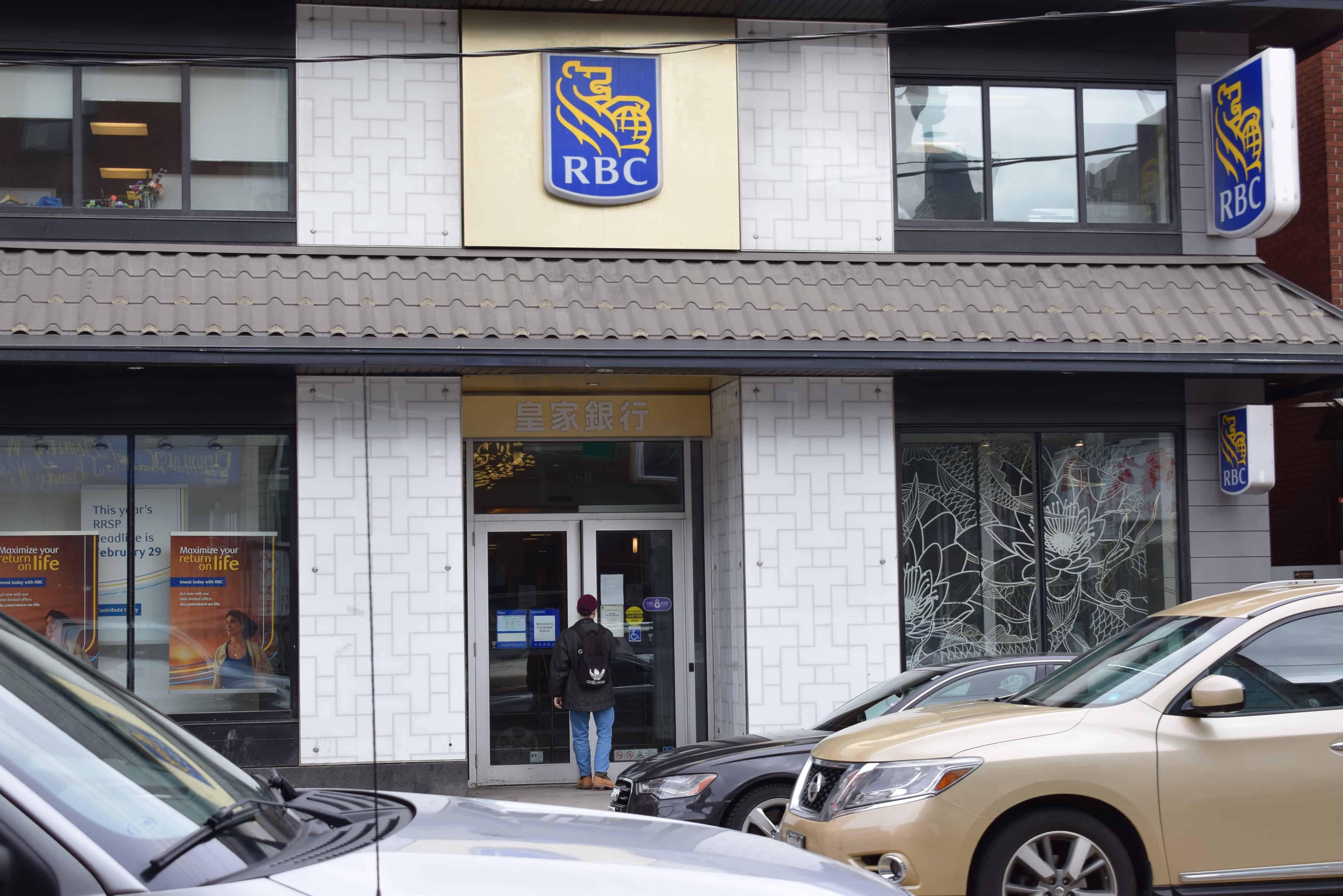Dear Mr. McKay,
When I was a young boy in the 1970s, my mother took me to the Royal Bank of Canada (RBC) branch in Owen Sound, Ontario to help me open my own account. She taught me about what banks do and why having a savings and chequing account and sound credit are important. She taught me to monitor my monthly spending and to verify my savings. I came to enjoy seeing my paper bankbook updated after depositing money I earned from delivering papers and cutting lawns in my neighbourhood.
Later, as a teenager, I switched my account to the Royal branch at Sauble Beach, where we lived. My first “real” job was as a summer employee with the LCBO, and I deposited my wages at RBC so that I could draw on them during the winter months while I was an undergraduate student at McMaster University. RBC issued me my first debit and credit cards. Though I moved to British Columbia and then to California to complete my graduate studies, I maintained the RBC account.
Soon after, I was hired by the faculty at U of T, and I again moved my account, this time to Toronto. My home branch, in recent years, has been the Bloor West Village location at the corner of Bloor Street and Windermere Avenue. RBC has been an important and continuous institutional presence in my life.
I have decided to change that.
A few months ago, I diverted my monthly direct salary deposit to Meridian Credit Union. I have been migrating my online savings account, some investment holdings, and my monthly bill payments over to Meridian as well. My main Visa card is now issued by Meridian. All of this is part of my plan to wind down my relationship with RBC.
Why? Fossil fuels and the climate emergency.
According to the Banking on Climate Chaos 2023 report, RBC ranks fifth in the world in fossil fuel sector financing since the 2015 Paris climate agreement, behind only JP Morgan Chase, CITI, Wells Fargo, and Bank of America. RBC was first in the world in 2022. These are dubious distinctions.
No doubt the way this ranking is calculated is open to discussion. Perhaps one ought to differentiate between direct equity holdings and loans, for example. Or perhaps one ought to take into account that numerous companies involved in fossil fuel extraction and distribution are also among the leaders when it comes to investing in renewable energy. I know that; so do you. But I also know that the world is deep in a climate emergency and that time is running out to avoid the worst consequences.
I won’t tell you that fossil fuel investments are a bad bet — though they are — because I won’t presume to tell you how to make money. I will assume you are quite familiar with the risk of so-called “stranded assets” if RBC’s investments in future fossil fuel extraction become non-viable because of rising extraction costs, carbon taxes, outright regulatory restrictions, and improving competitive market conditions for renewables.
So, I won’t tell you how to make money, but I will tell you that it is time for financial institutions like RBC to use their influence and do more than just talk about ethics when it comes to investing. It is time for RBC to start saying no to financing fossil fuel extraction and combustion.
As you know, carbon dioxide and other greenhouse gases accumulate in the atmosphere and stay there for varying periods of time. Carbon dioxide itself remains for between 300 and 1,000 years. Thus, most of the carbon dioxide emitted during the industrial age is still in the atmosphere today. That legacy effect means the faster we get to net zero emissions, the better.
Merely levelling off emissions rates will not suffice. I, therefore, ask you: how can an investment be considered ethical or even consistent with principles of fiduciary responsibility when that investment sustains activities that, in turn, pose an existential threat to future generations? Indeed, it is increasingly evident that the current generation faces an imminent threat as well!
Climate science is no longer largely deductive — it is based more and more on observed experience. The world is changing quickly and for the worse. Moreover, the effects look to be most severe for those in the world who are most vulnerable. This makes investments in the fossil fuel sector ethically wrong not only because they sustain practices that are rapidly changing the world’s climate in ways that are harmful but also because the effects of those practices are grotesquely unjust.
Why am I shifting to Meridian? Well, for starters, Meridian is not on the Banking on Climate Chaos list. Moreover, Meridian has made stronger commitments to sustainable investing than RBC, and as a credit union, Meridian is, at least in principle, more democratically accessible to clients like me, who are also members.
My mother died in 2021. I can’t tell her of my decision. And yet, even though my parents also did much of their banking with RBC, I am inclined to think she would have agreed with me. And she likely would have followed suit. Perhaps if enough people make the same decision I am making, you will take notice and do what is right.
Signed,
Scott Prudham
Scott Prudham is a professor in the Department of Geography & Planning and the School of the Environment.


